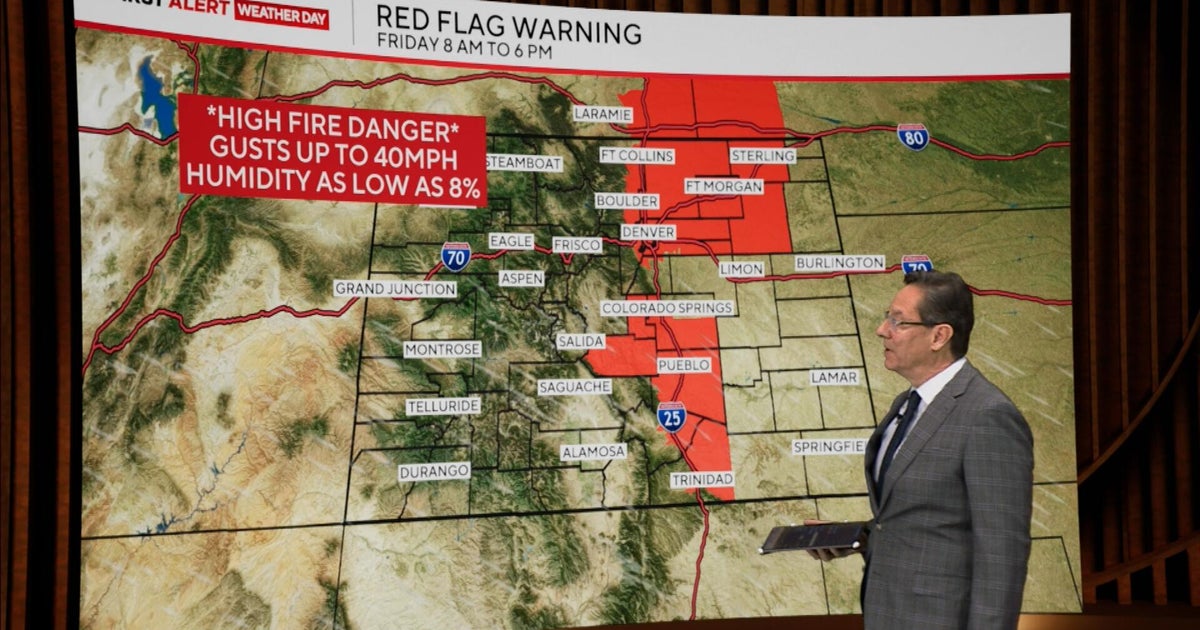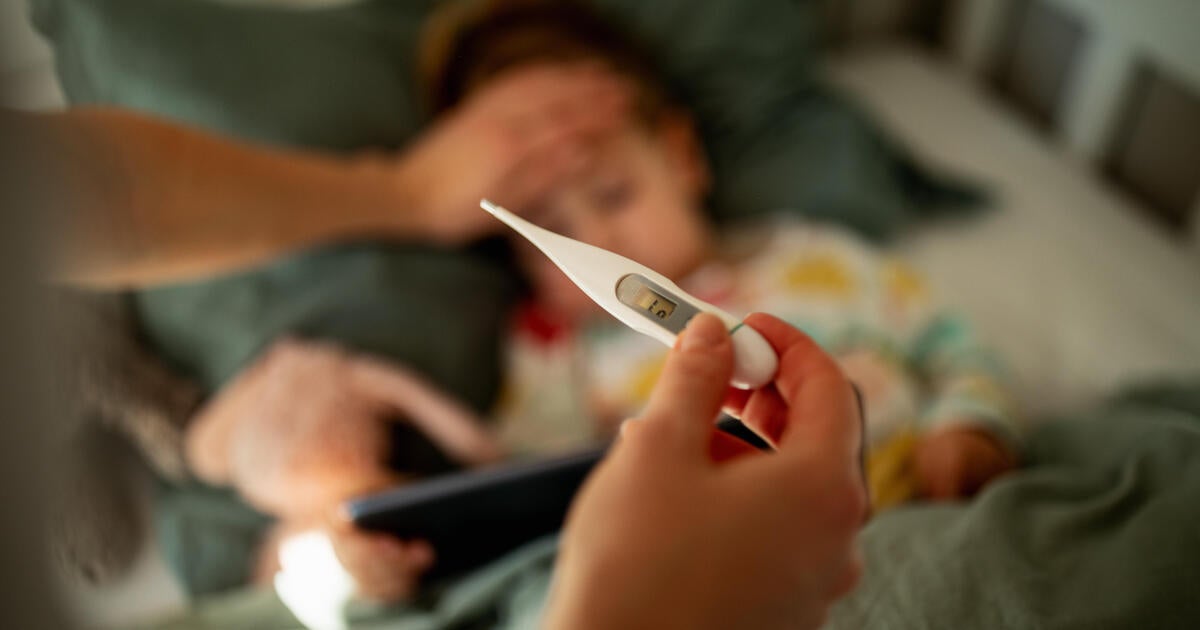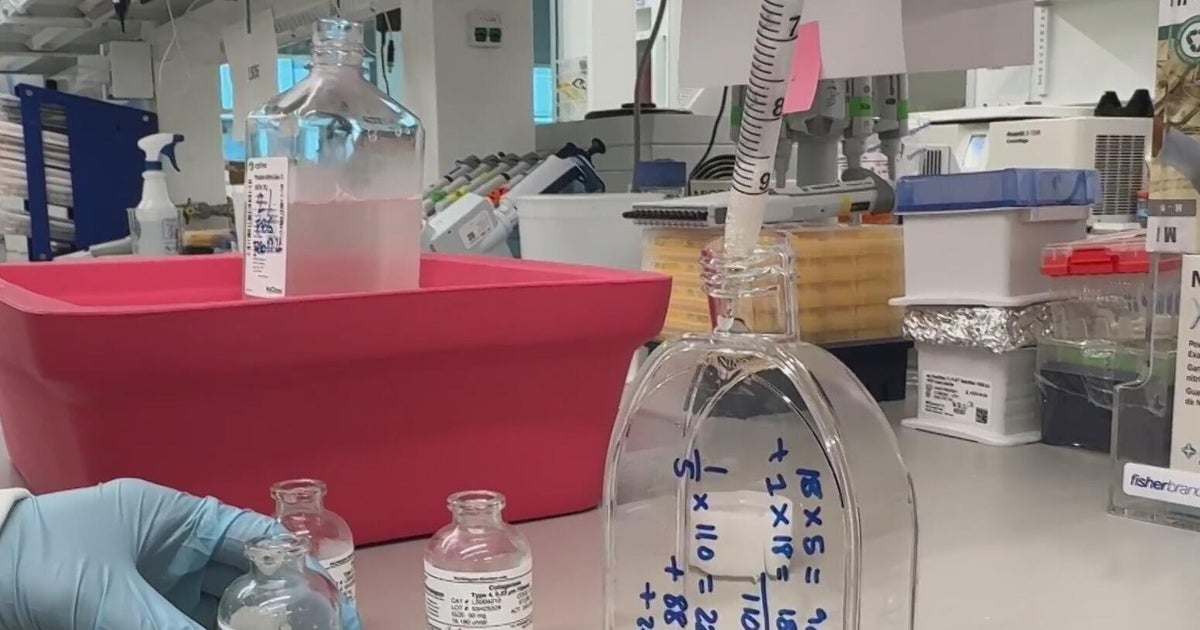Norovirus cases are surging in New York City. Here's how you can avoid getting infected.
NEW YORK -- Cases of norovirus are surging in some parts of the U.S., including in the New York metropolitan area.
In New York City alone, there were nearly 1,300 cases in December. That's almost triple the number during same time in 2023.
Doctors say there is no antiviral treatment for a norovirus infection, which is highly contagious. It can stay on counters for weeks and sanitizers are not strong enough. Just a few viral particles can transmit the infection.
Norovirus symptoms
Symptoms of norovirus can come on quickly after exposure, including vomiting and diarrhea, nausea and stomach pain, body aches, headache and fever.
"The symptoms are not specific, however can be quite severe. People feel quite unwell," said Dr. Roy Gulick of NewYork-Presbyterian/Weill Cornell Medical Center.
The biggest complication can be dehydration, especially in children under 2 or over 75.
"The key is to stay hydrated, so especially little infants. The elderly may have trouble keeping up with that so that is the key to treating them," said CBS News medical contributor Dr. Celine Gounder.
Norovirus is very contagious. It can be contracted from an infected person, contaminated food, water and surfaces.
"It can live on surfaces for hours to days depending on how porous the surfaces. We think that sheets, pillowcases, clothing, so all of that should be washed immediately after somebody's in contact with the virus, especially if your sharing the pillowcases and beds with somebody infected," aid Dr. Eric Ascher of Northwell Lenox Hill Hospital.
How to avoid getting norovirus
Doctors say the most effective way of avoid the virus is to wash your hands with soap and water for at least 20 seconds, especially before preparing food, before eating, and after touching shared surfaces like in bathrooms.
They also recommend avoiding contaminated foods like undercooked seafood or raw shellfish, and to wash fruits and vegetables carefully.
They also say not to rely on alcohol-based disinfectants.
"Common disinfectants such as hand sanitizer or alcohol wipes do not kill this virus and that's one of the reasons that norovirus is such a problem," Gulick said. "If the household has norovirus, the best way to disinfect is with a bleach solution."
Doctors advise to not rush back to work when your symptoms stop. They recommend waiting at least two days.
"You can still share the virus from a couple of days, up to weeks after you recover," Ascher said.








